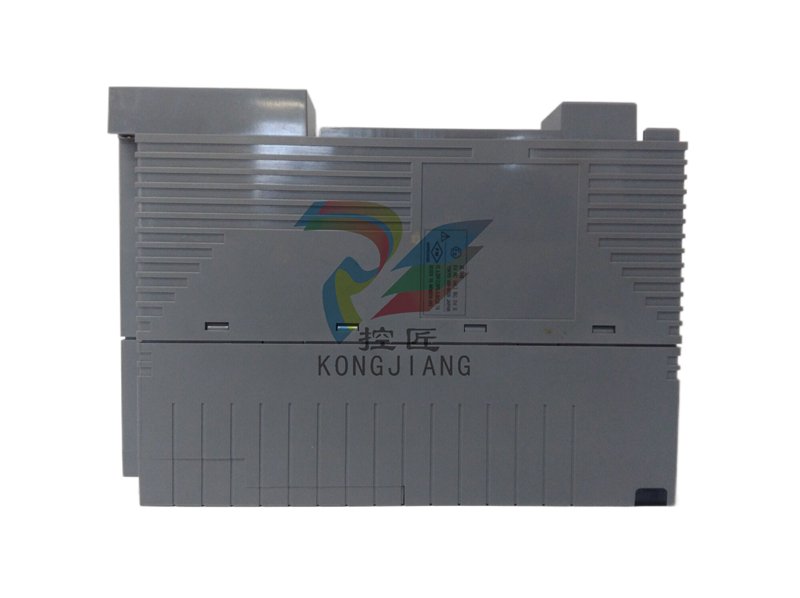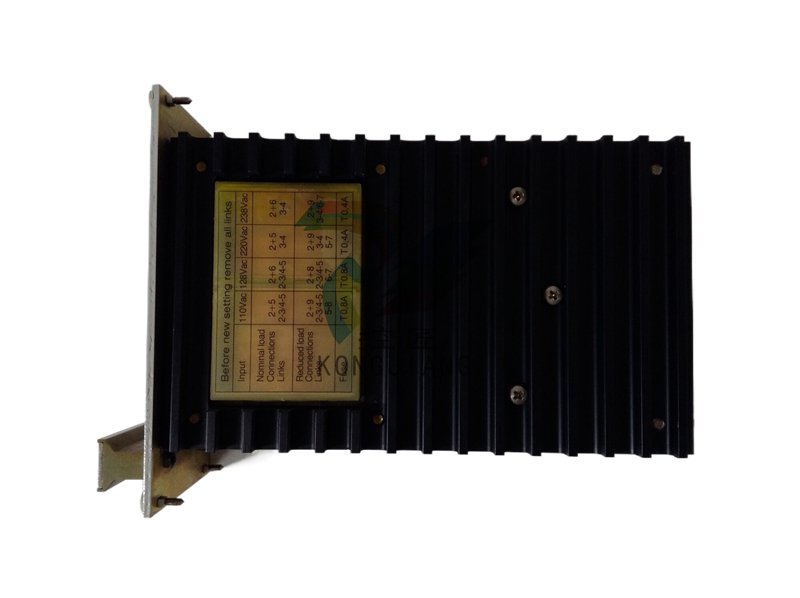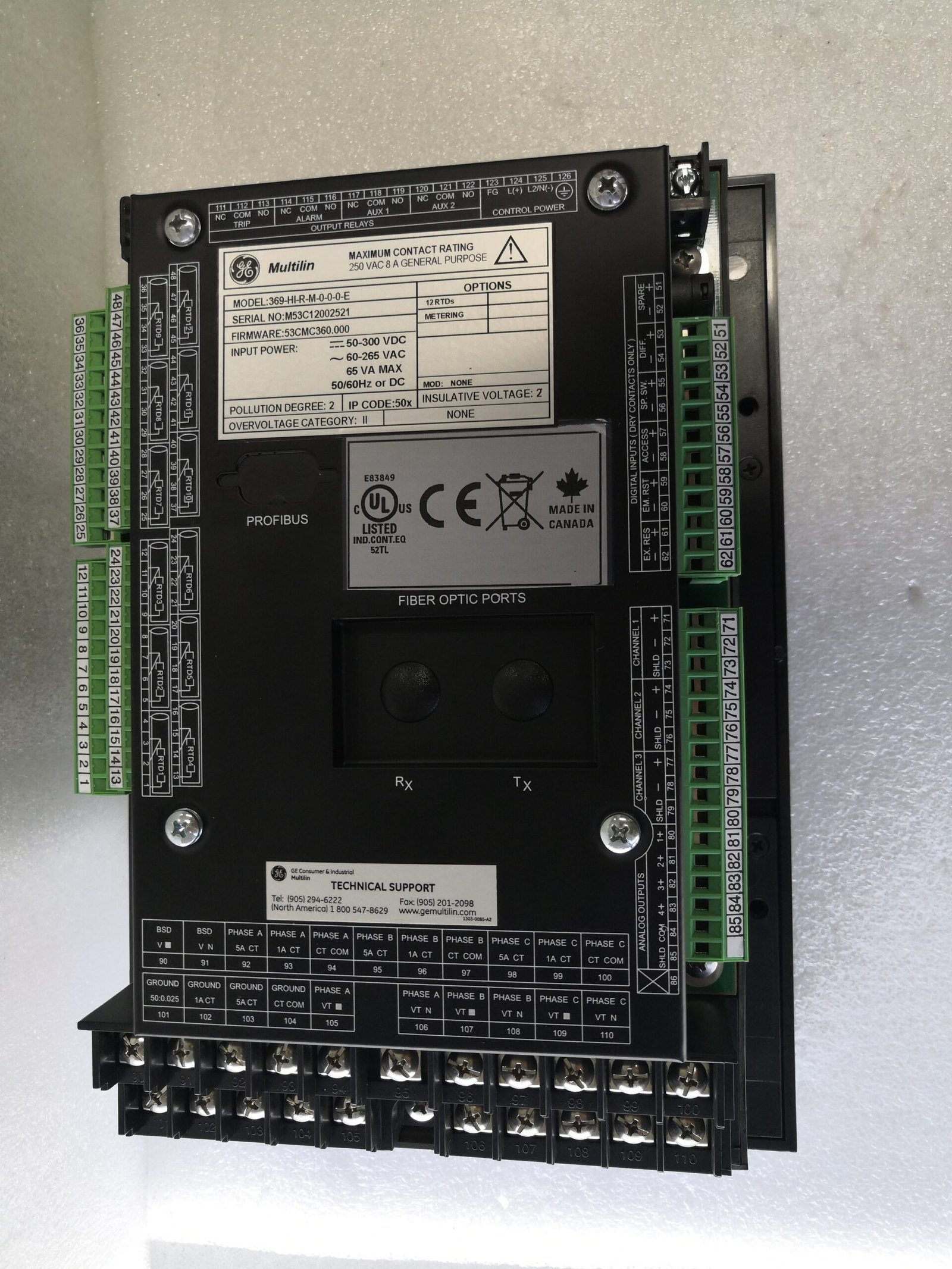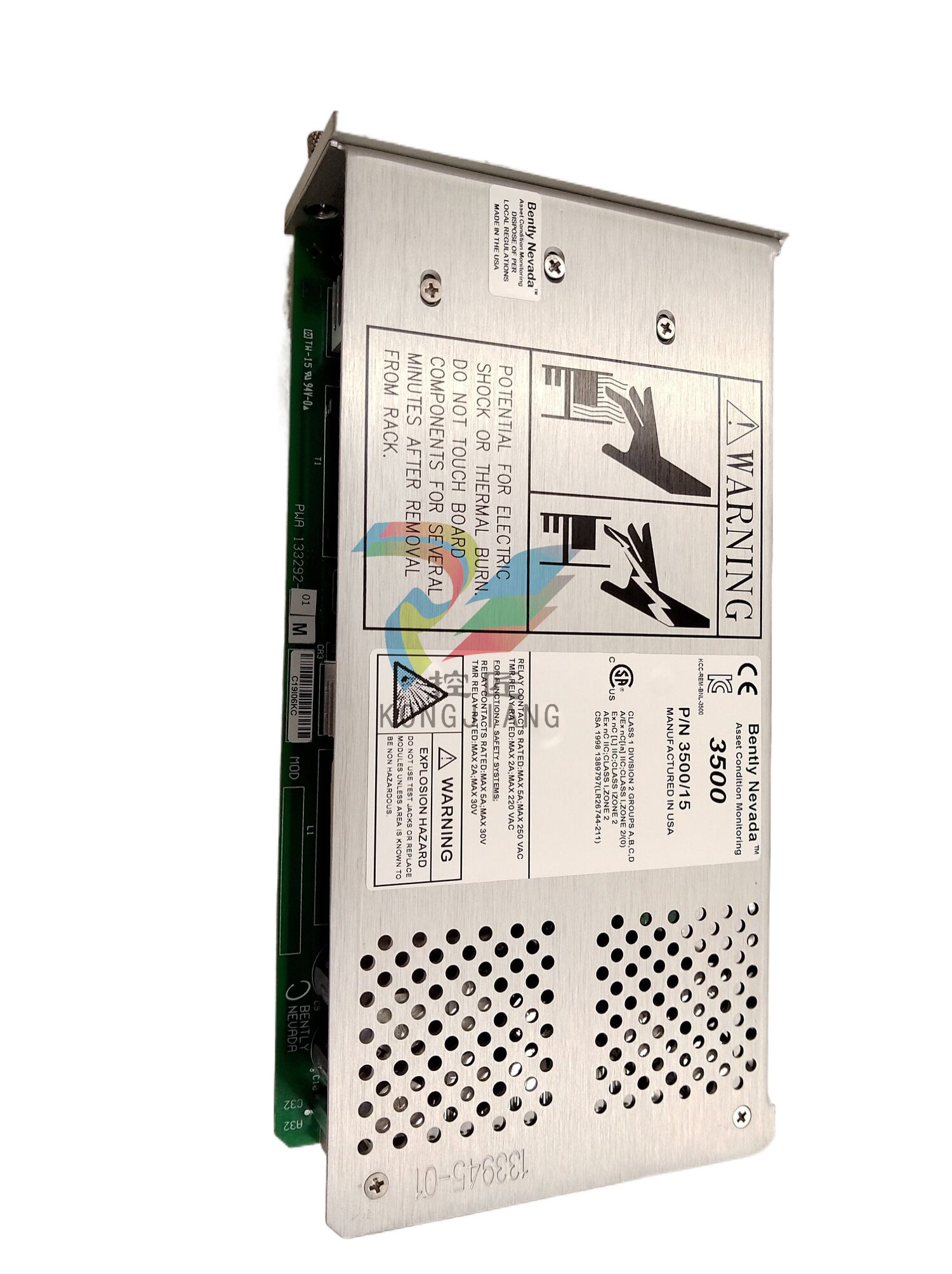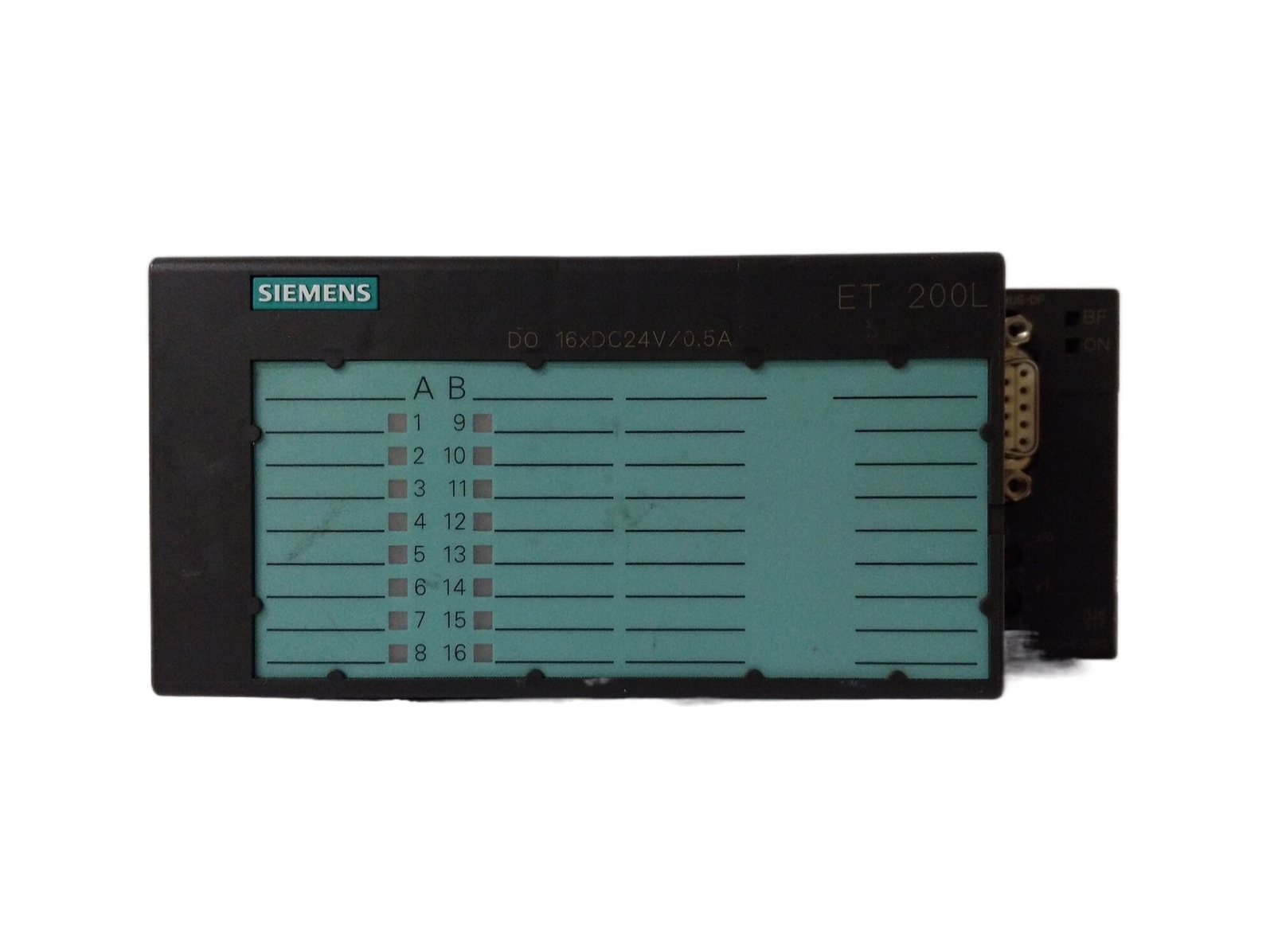EMERSON 1C31166G02

EMERSON 1C31166G02: Revolutionizing Automotive Technology
Introduction
The EMERSON 1C31166G02 represents a significant leap forward in automotive parts and vehicle engineering solutions. As modern cars become more sophisticated, components like this play a crucial role in automotive efficiency optimization. Manufacturers across the globe recognize its innovative design that bridges traditional mechanical systems with smart vehicle applications.
Furthermore, this model demonstrates how car component design evolves to meet increasing demands for performance and reliability. Its integration into various vehicle systems showcases EMERSON’s commitment to advancing automotive technology. Transitioning from conventional parts, the 1C31166G02 offers superior functionality while maintaining compatibility with existing platforms.
Technical Specifications
The EMERSON 1C31166G02 specifications reveal why it stands out in today’s competitive automotive market. Below are its key parameters that comply with international industry standards:
| Parameter | Value |
|---|---|
| Operating Voltage | 12-24V DC |
| Current Rating | 5A max |
| Operating Temperature | -40°C to +85°C |
| Protection Class | IP67 |
| Communication Protocol | CAN 2.0B |
Moreover, the component features advanced diagnostics capabilities that support automotive efficiency optimization. Its compact design allows for flexible installation in various vehicle architectures. The robust construction ensures reliable performance even in harsh environmental conditions, making it suitable for diverse smart vehicle applications.
Additionally, the EMERSON 1C31166G02 undergoes rigorous testing to meet automotive industry standards. Engineers specifically designed it to withstand vibration, electromagnetic interference, and extreme temperature fluctuations. Consequently, it delivers consistent performance throughout its operational lifespan while maintaining safety and reliability.
Applications in Modern Vehicles
The versatility of EMERSON automotive parts becomes evident when examining the 1C31166G02’s implementation. Primarily, it serves in powertrain management systems where precision and reliability are paramount. Many manufacturers also integrate it into advanced driver-assistance systems (ADAS), contributing to safer smart vehicle applications.
Furthermore, this component plays a vital role in energy management systems for hybrid and electric vehicles. Its efficient design helps optimize power distribution, thereby enhancing overall automotive efficiency optimization. As vehicle architectures become more complex, solutions like the 1C31166G02 provide the necessary bridge between mechanical systems and digital control units.

